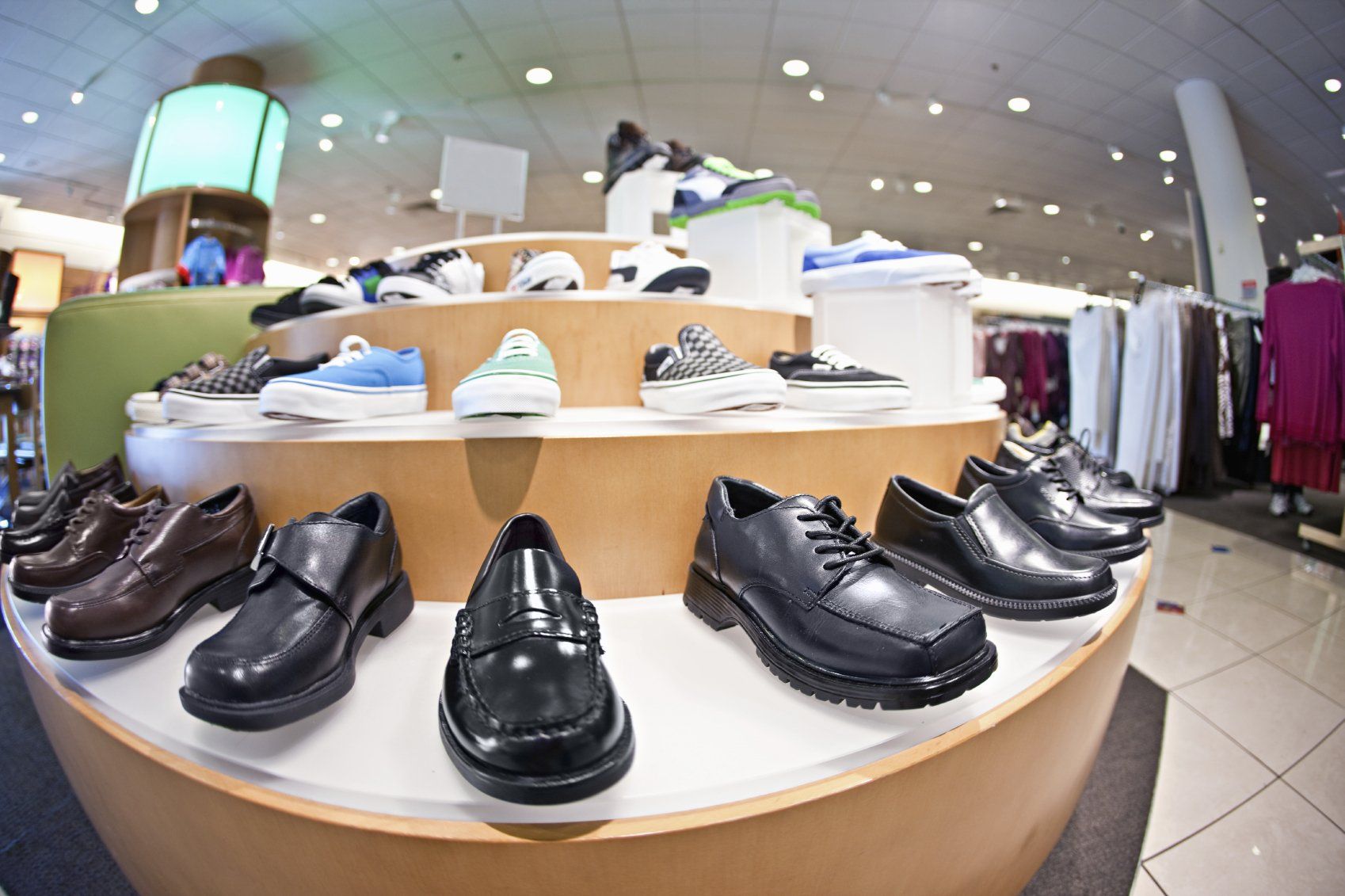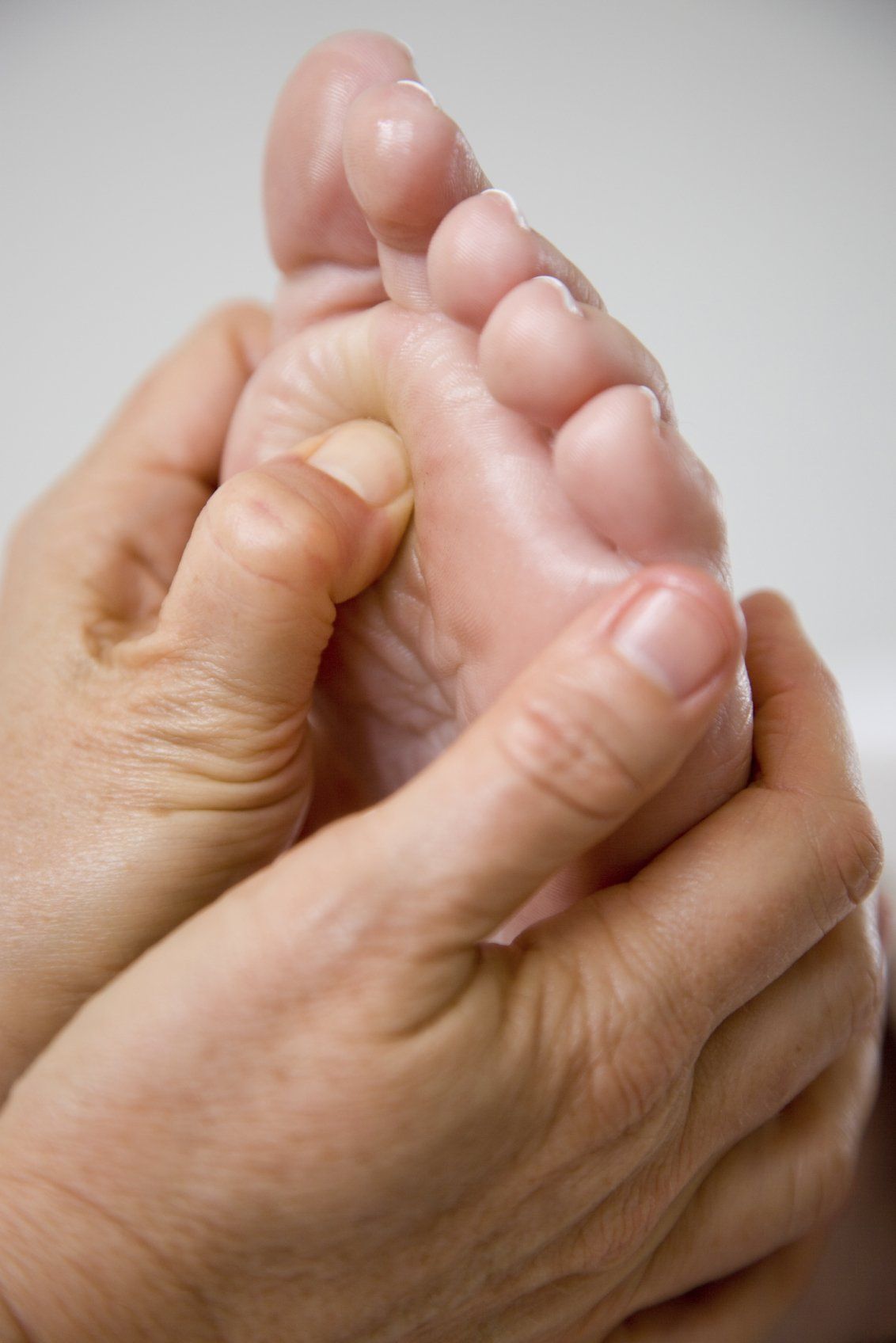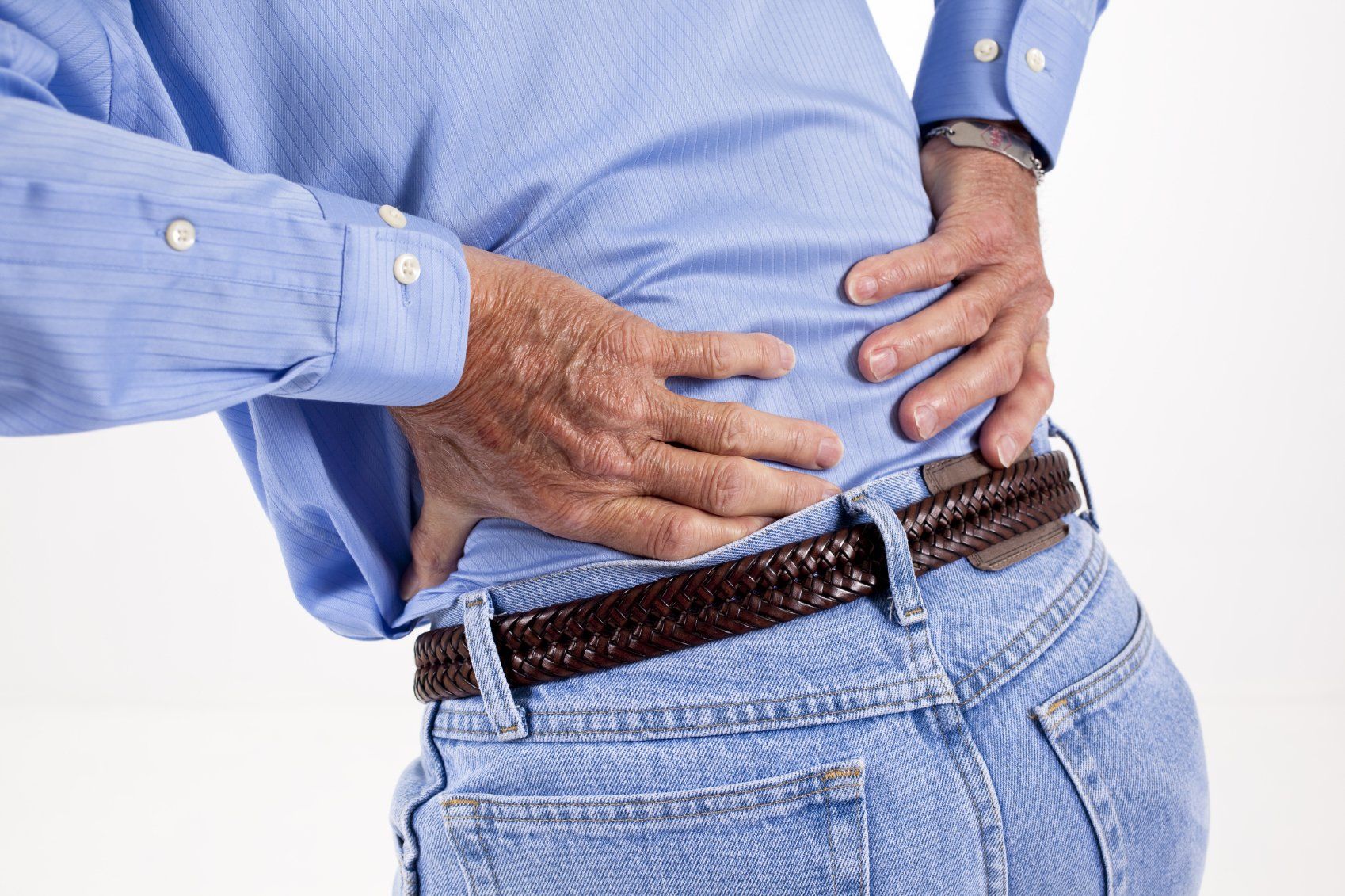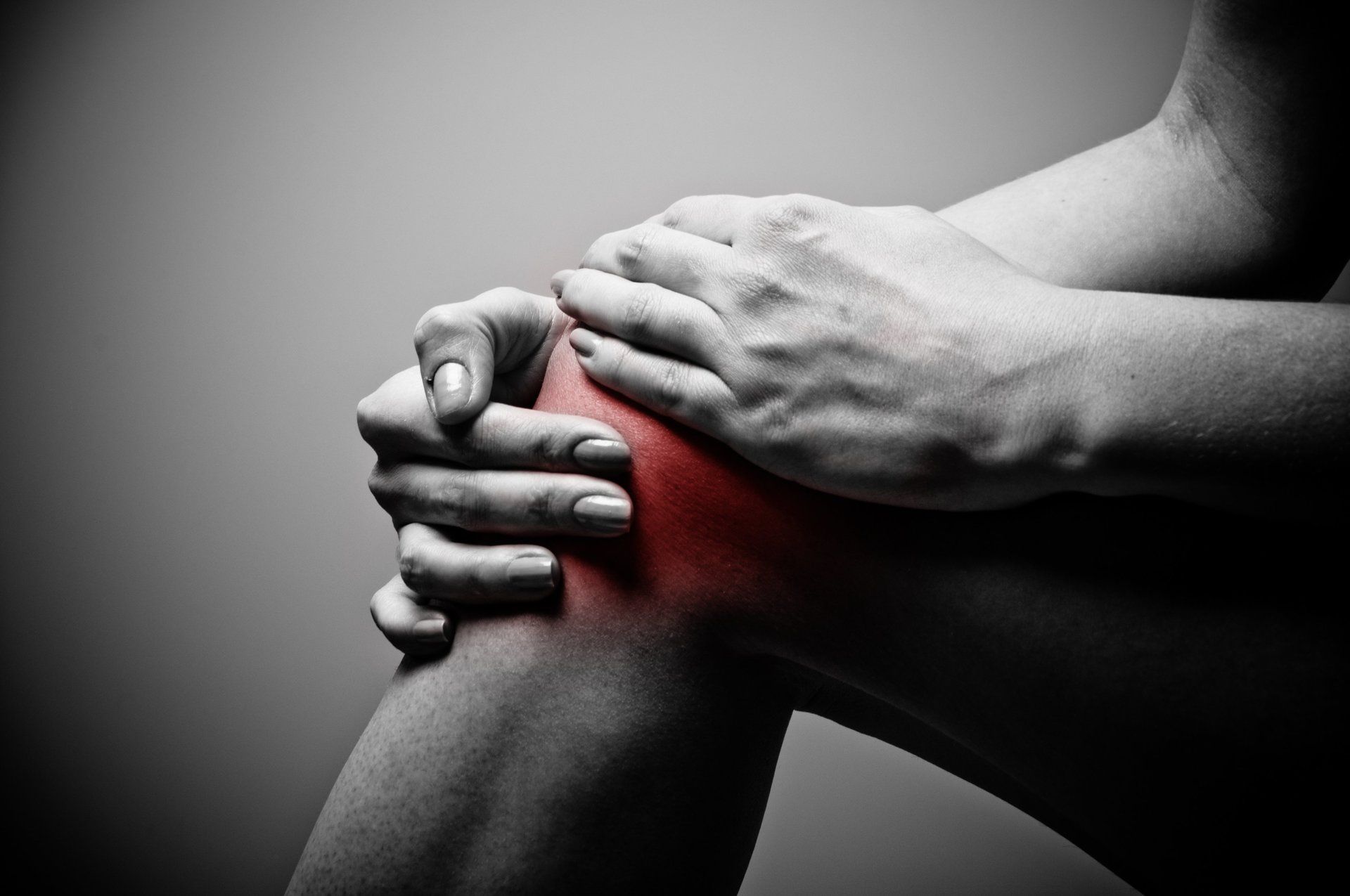Can Acupuncture help my pain?
Isobel Evans, Physiotherapist, talks about how acupuncture can help your pain and what to expect
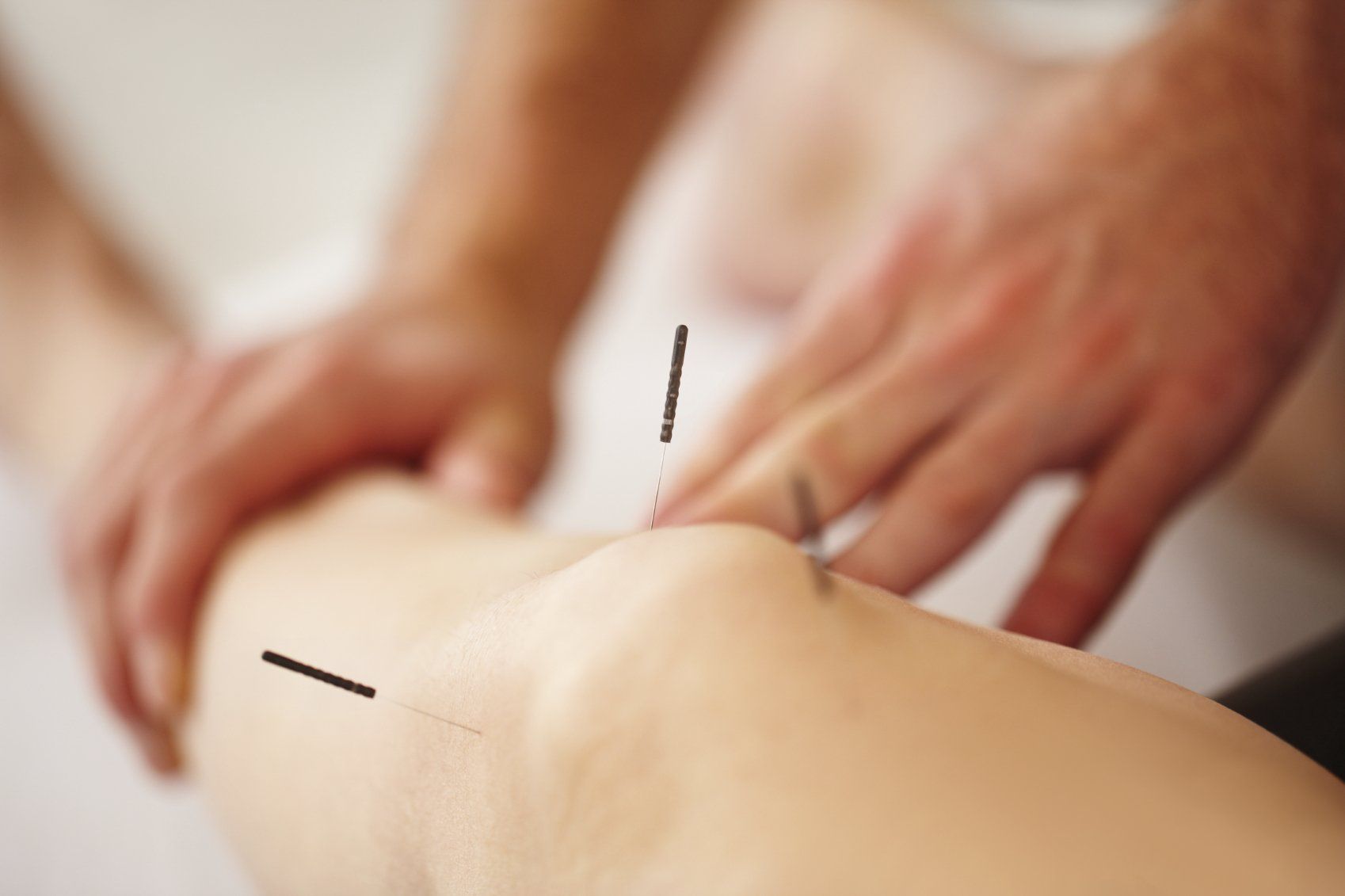
Acupuncture involves the insertion of very fine stainless steel needles into the skin. It has been used in China for over 2,000 years and increasingly in Western medicine since the 1970s. Acupuncture can be used to treat a wide range of common health problems and to reduce pain by stimulating the production of the bodies naturally occurring chemicals which stimulate the healing process, reduce inflammation and so reduce pain.
Acupuncture is one of many skills used by some Physiotherapists to treat and manage pain and associated issues. It is commonly used as a part of an integrated approach to treatment along with other treatment modalities such as exercise and joint mobilisation to aid faster recovery.
What does Acupuncture do?
- Stimulates the body to produced endorphins and oxytocin which are chemicals produced in the body which reduce pain and stress.
- Stimulates the release of Melatonin which can help with sleep
- Stimulates the release of serotonin which encourages a sense of well-being.
- Stimulates the sensory nerve fibres to block out pain and reduce local sensitivity.
What conditions can you have Acupuncture for?
Acupuncture can be used to treat any form of pain including;
- back pain
- headaches
- tennis elbow
- nerve pain or severe muscle spasm, as it can be used to calm
the symptoms down in order to make other treatments more effective or
tolerable.
- chronic conditions to help with pain management and possibly cut down reliance on prescription medication.
Is Acupuncture safe?
For most people Acupuncture is a very safe form of treatment. However, there are certain health conditions that may stop you having Acupuncture such as some heart conditions, haemophilia, infections, metal allergies, needle phobia and some mental health conditions or mean that the treatment is used with caution such as pregnancy, low blood pressure, recent surgery and certain medications such as anticoagulants.
Your therapist will screen you for these conditions before commencing treatment and will also ask for your written consent.
All AACP (Acupuncture Association of Chartered Physiotherapist) members have completed comprehensive training and follow strict hygiene guidelines. Treatment needles are sterile and single use and are safely disposed of after treatment.
Are there any side effects?
Side effects are usually mild and
short term these can include, slight bruising, light headedness, fatigue, and redness
around the needle site. To minimise the risk of side effects we advise:
- eat
something 1-2 hours before treatment
- consider the time of your appointment so you
have to rush off to work or be very active straight away.
- It is also advisable to drink plenty of water to stay hydrated.
What happens when I come into clinic for Acupuncture
Your therapist will firstly take a full history, medically screen you for Acupuncture and perform a physical Assessment of your condition, they will discuss the treatment with you and answer any questions or worries you have regarding the treatment and will obtain both your written and verbal consent.
The number of needles used depends on your condition usually less needles are used the first time and then increased on subsequent treatments. Needles are positioned at specific points around where you feel your pain but also below to it. Each treatment lasts 20-25 minutes during this time your therapist will gently stimulate the needles by turning them slightly. During treatment it is important that you remain still so please make sure you tell your therapist if you are uncomfortable in any way.
Some people do feel pain relief after their first treatment but in most case it is a cumulative effect and may take 2 or 3 treatments for you to feel any benefit. Some people do experience an increase in symptoms for the first 24 hours before they start to improve. A small number do not respond at all.
How many treatments will I need?
The number of treatments needed
is very individual but in general is 4-6, at intervals of once or twice a week.
Depending on the condition this may reduce to fortnightly. In some case’s a maintenance dose
is recommended to help prevent reoccurrence.
Where is the research?
There are an increasing number of research publications both in the UK and world wide highlighting the effectiveness of Acupuncture
A selection of recent research projects showed the following:
– A 2012 UK study of a number of research projects on acupuncture for osteoarthritis in the knee concluded amongst others: “...most studies were of acupuncture (11 trials) or muscle-strengthening exercise (9 trials); both interventions were statistically significantly better than standard care, with acupuncture statistically significantly better than muscle-strengthening exercise...” and “...acupuncture can be considered as one of the more effective physical treatments for alleviating osteoarthritis knee pain in the short term.”
-An UK study analysed the safety of acupuncture in 2006 and reported: “In conclusion, acupuncture is a very safe intervention in the hands of competent practitioners
– A study of Acupuncture for Patients with Chronic Neck pain from 2006 concluded: “Treatment with acupuncture added to routine care in patients with chronic neck pain was associated with improvements in neck pain and disability compared to treatment with routine care alone.”
For full articles of the above studies and further information visit The Association of
Chartered physiotherapist website at www.aacp.org.uk
If you would like any further information regarding Acupuncture at the Village clinic
or would like to speak to one of Physiotherapist please do contact us at
mail@villageclinic.co.uk or 01242 673507.




